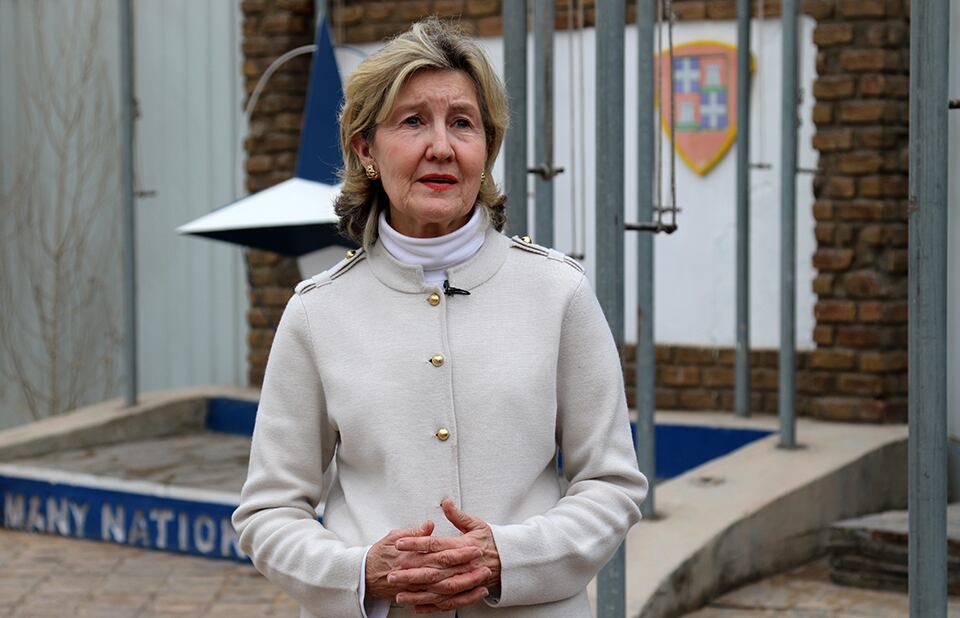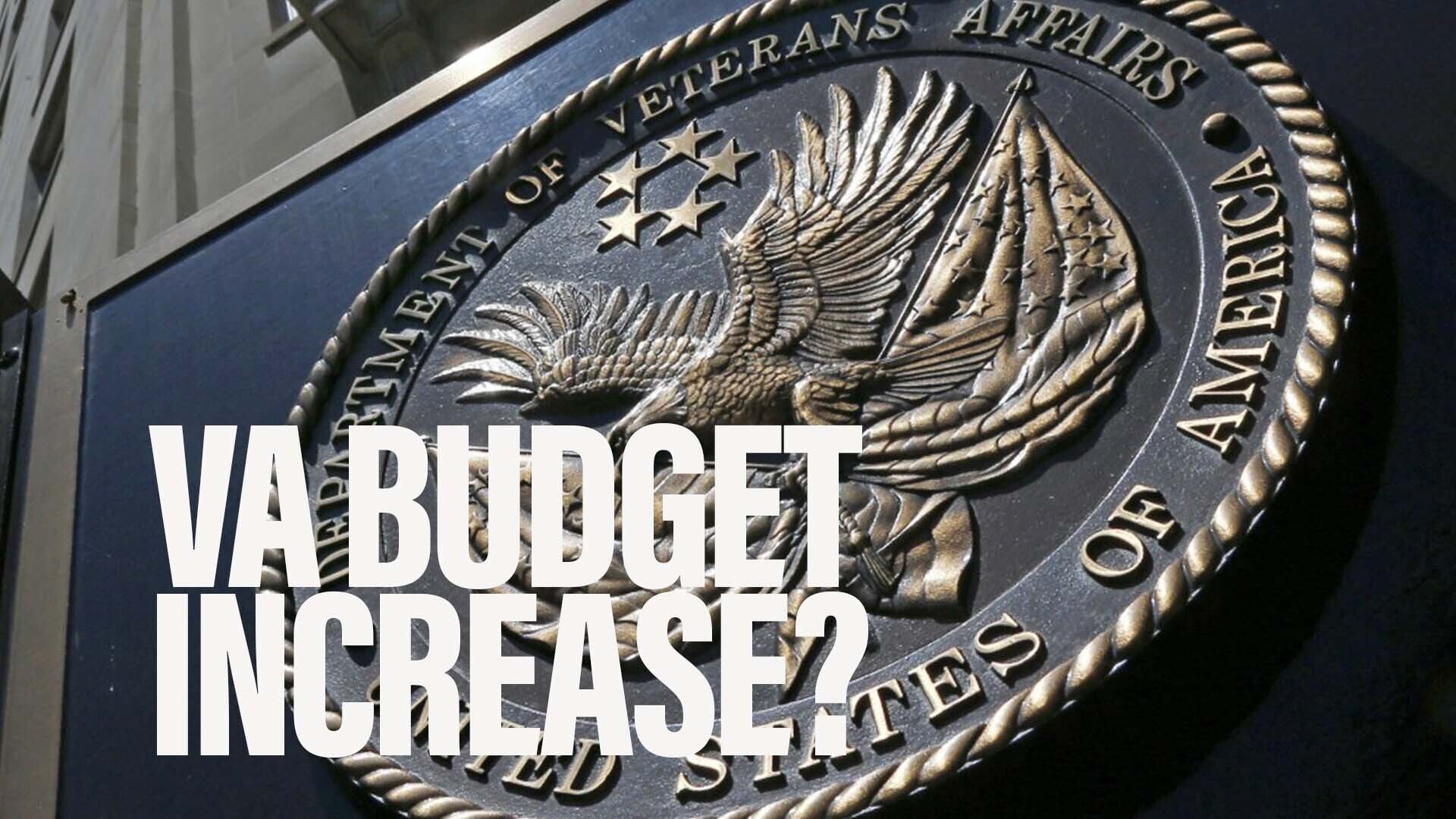WASHINGTON — At the 2018 NATO Summit next month, the United States’ message to alliance members might sound pretty familiar.
In a speech at the Atlantic Council on Wednesday, Trump administration officials outlined the United States’ top three priorities for the biannual summit, which will take place July 11-12 in Brussels.
Unsurprisingly, for the first priority, they echoed President Donald Trump’s repeated calls for NATO nations to live up to commitments to spend at least 2 percent of gross domestic product on defense.
“Burden-sharing is not an American initiative,” said Thomas Goffus, the Defense Department’s deputy assistant secretary of defense for Europe and NATO.
“Burden-sharing is an alliance pledge. These are commitments that we’ve made to each other, and others are going to judge the credibility of our alliance and the viability of our solidarity on the fulfillment of those commitments.”
Read more about the upcoming NATO summit!
But members do seem to be moving in the right direction, he acknowledged.
In 2014, only three nations were spending 2 percent of their GDP on defense. That number is set to increase to eight countries — the United States, United Kingdom, Poland, Estonia, Greece, Latvia, Lithuania and Romania — in 2018, and seven more have promised to boost defense budgets to the 2 percent level by 2024.
Other U.S. officials also hammered the burden-sharing message during the event.
Richard Hooker, a member of the National Security Council and special assistant to the president on Europe and Russia, called the 2 percent commitment an “imperative” and warned that Trump would make that clear next month.
“The president will be clear and frank at this point at the summit. Much has been done, but with 13 of 28 allies that still lack national plans, there’s considerable work yet to be done, and the U.S. will continue to press for fair and equitable burden-sharing as an essential component of alliance unity and cohesion,” he said.
RELATED

Republican Rep. Mike Turner, head of the House Armed Services Committee’s Tactical Air and Land Forces Subcommittee, went as far as to say that it was time for NATO members to better finance their militaries as a way to assure the United States of their own commitment to the alliance.
“The U.S. stepped up. We did a European Reassurance Initiative,” he said, speaking of a portion of the Defense Department budget dedicated to investments in training and exercises meant to deter Russia and reinvigorate U.S. military relations with European allies.
“It’s time for an ‘American Reassurance Initiative,’ for our allies to respond to that. It’s not just in the 2 percent, it’s a willingness to [pay] 2 percent, it’s in the leadership position of stating that they are going to invest in a way that’s meaningful and contributing to their overall defense.”
Aside from increasing defense spending, U.S. officials will also stress the need to make NATO more relevant to the fight against terrorism , particularly in Iraq, Afghanistan and the overall fight against the Islamic State group and its affiliates.
“Nonstate actors are utilizing increasingly sophisticated capabilities and remain as a persistent threat driven by ideology and unstable political and economic structures,” Goffus said. “At the NATO summit, we anticipate that allies will reinforce their commitments to these efforts with tangible contributions.”
The United States also wants to see NATO strengthen its deterrence and defense capabilities, he said. U.S. Defense Secretary Jim Mattis is especially interested in ways member nations can increase the speed of decision-making, enhance the mobility of forces and bring back a culture of readiness.
But even the final point came back to a call for increased defense spending.
Lack of readiness “is a symptom of under-investment in our defense capabilities,” Goffus said.
Valerie Insinna is Defense News' air warfare reporter. She previously worked the Navy/congressional beats for Defense Daily, which followed almost three years as a staff writer for National Defense Magazine. Prior to that, she worked as an editorial assistant for the Tokyo Shimbun’s Washington bureau.








